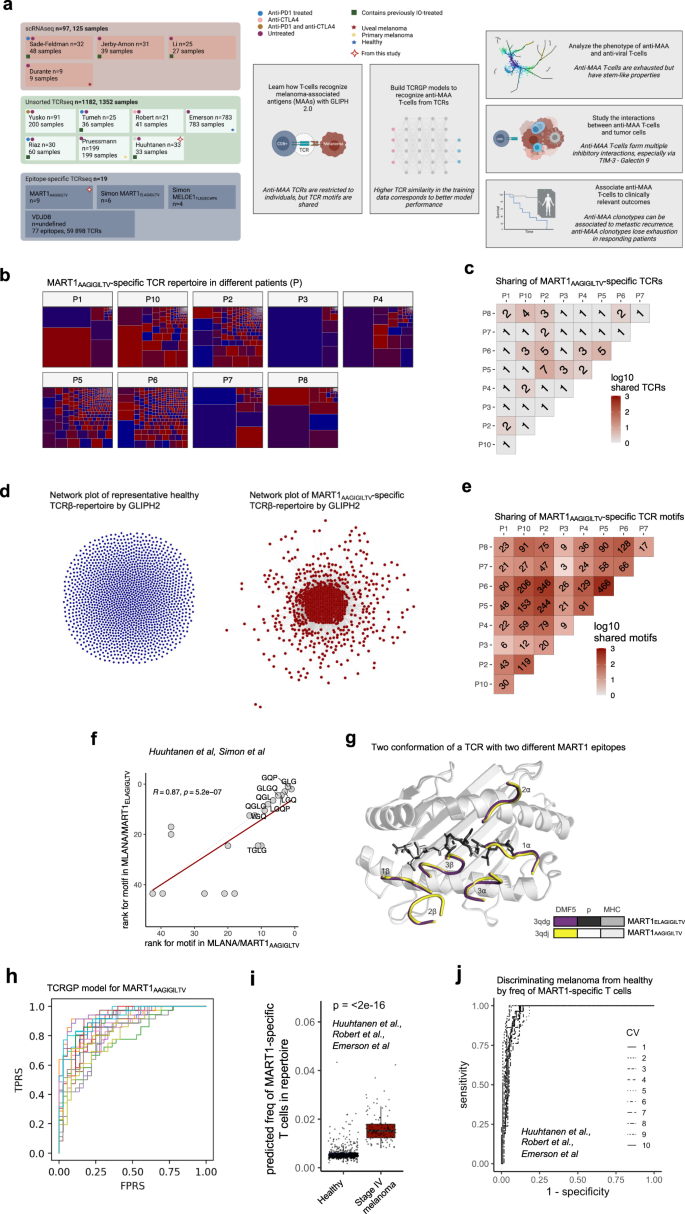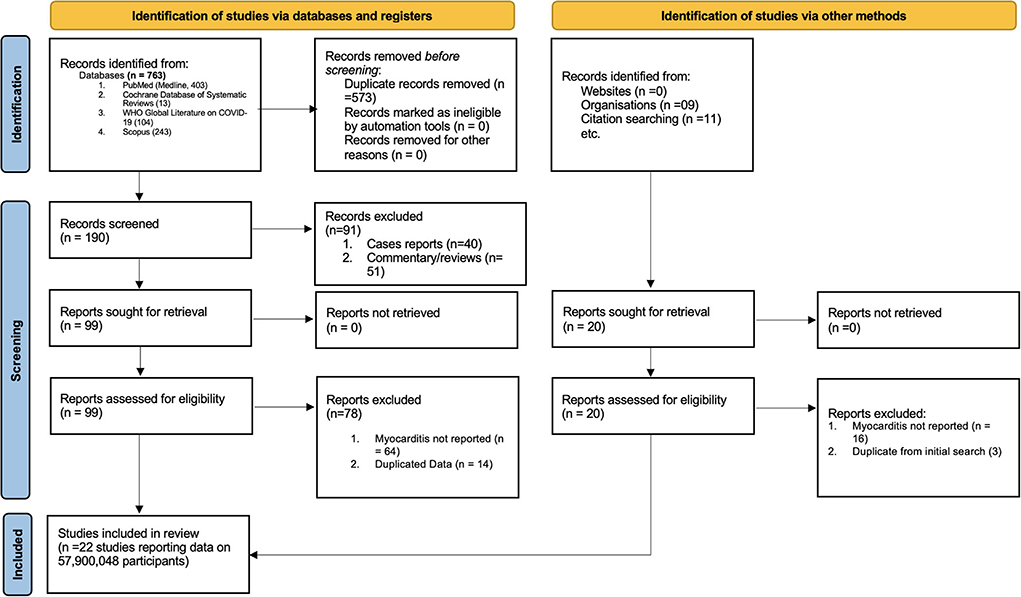2022-10-10 カリフォルニア大学バークレー校(UCB)
著者らは、質問票によってうつ病のスクリーニングを行った2つのグループを調査した。最初のグループは、アマゾンのメカニカルタークというオンラインサービスで、18歳以上のさまざまな経歴を持つ調査員や研究参加者を有償で提供している248人の参加者である。第2グループは、大学の単位取得と引き換えに参加した134人の大学生で構成されている。
参加者は1979年の研究と同じような課題を行った。40ラウンドで、ボタンを押すかどうかを選択し、その後に電球かブラックボックスが現れる。ボタンを押すか押さないかで、電球がつくかつかないかを判断するよう指示された。その後、各自がどの程度光をコントロールできたかを報告した。
オンライングループ、大学生グループともに、3つの実験条件に分けられた。それぞれの条件では、40ラウンドの間、ボタンとライトの間に異なる関係を経験した。最初の2つの条件では、参加者は光の見え方を実際にコントロールすることはできなかったが、それぞれ4分の1、4分の3の時間、光が点灯するのを見た。3番目の条件では、ボタンを押した後、4分の3の確率で光が見えるようになった。
大学生グループでは、うつ病の程度は自分のコントロールの見方にほとんど影響を及ぼさないことが明らかになった。
うつ病が判断力を向上させるとは限らないが、さまざまな状況下で自分のコントロールレベルをどう正確に判断するかという問題は、人生を通じてより広い意味を持っている
<関連情報>
- https://newsroom.haas.berkeley.edu/research/depressed-people-arent-wiser-after-all-new-research-finds/#new_tab
- https://online.ucpress.edu/collabra/article/8/1/38529/194062/Sadder-Wiser-Depressive-Realism-Is-Not-Robust-to
より悲しい≠より賢い:うつ的リアリズムは再現に頑健でない
Sadder ≠ Wiser: Depressive Realism Is Not Robust to Replication
Amelia S. Dev,Don A. Moore,Sheri L. Johnson,Karin T. Garrett
Collabra:Psychology Accepted:September 01 2022
DOI:https://doi.org/10.1525/collabra.38529

The theory of depressive realism holds that depressed individuals are less prone to optimistic bias, and are thus more realistic, in assessing their control or performance. Since the theory was proposed 40 years ago, many innovations have been validated for testing cognitive accuracy, including improved measures of bias in perceived control and performance. We incorporate several of those innovations in a well-powered, pre-registered study designed to identify depressive realism. Amazon MTurk workers (N = 246) and undergraduate students (N = 134) completed a classic contingency task, an overconfidence task, and measures of mental health constructs, including depression and anxiety. We measured perceived control throughout the contingency task, allowing us to compare control estimates at the trial-level to estimates assessed at task conclusion. We found no evidence that depressive symptoms relate to illusory control or to overconfidence. Our results suggest that despite its popular acceptance, depressive realism is not replicable.

